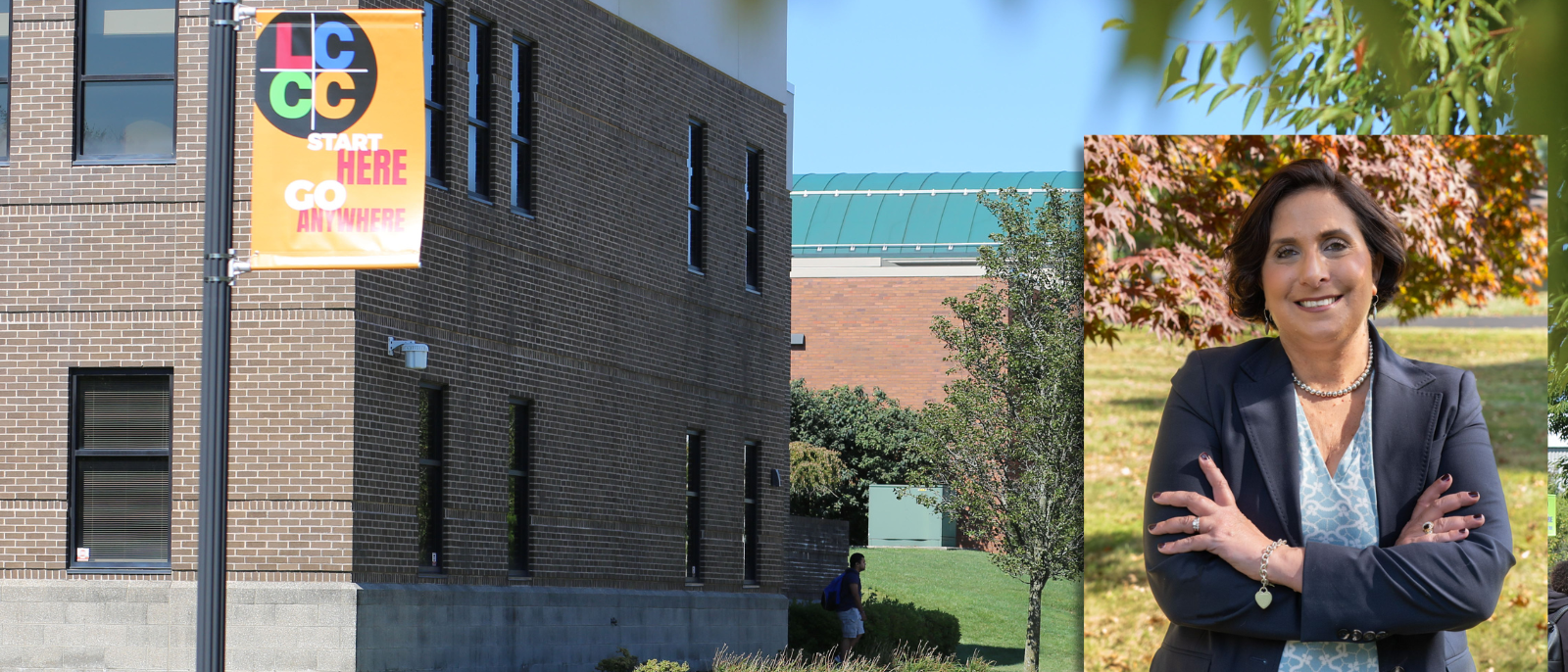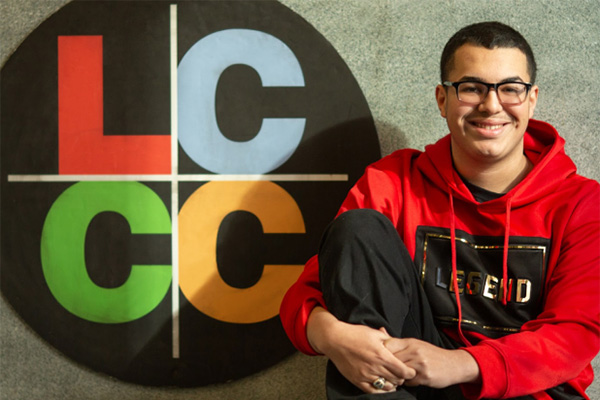The Champion of Second Chances

As the deputy chief of the Lehigh County Juvenile Probation Department, Shannon Semmel-Ciamacco works with youthful offenders to try to arrive at positive outcomes. But serving others and making situations better have been guiding lights for Semmel-Ciamacco her whole life. In many ways, Lehigh Carbon Community College has been part of her journey almost from the start.
The 49-year-old grew up on the family dairy farm in Schnecksville about a mile-and-a-half from LCCC. As a youth, Semmel-Ciamacco attended summer programs at the college that combined academics and sports, such as track and racquetball, and was coached by an Olympic running star.
Her father, Paul Semmel, served for 25 years in the Pennsylvania House of Representatives. He instilled in Semmel-Ciamacco and her two sisters the importance of public service. “He gave me an appreciation for that and giving back to your community, giving back to others, fighting for others, advocating for others who sometimes don’t have a voice,” she said.
From a young age, Semmel-Ciamacco had a strong interest in sociology and psychology, and why people make the choices they do, including criminal behaviors. It felt natural to her to enroll in the criminal justice program at LCCC. Among the teachers who stood out to her was Ed Hino, a 21-year veteran FBI agent who ran the program. LCCC’s policy of bringing in professionals to talk about what it was like working in the field and providing real life experience to flesh out classroom lessons was a big plus for Semmel-Ciamacco. “That really laid a strong foundation for me. I had FBI agents, a state police trooper, school superintendents and social workers who were able to inspire me,” she said.
After graduating in 1996 with an associate degree in criminal justice administration, Semmel-Ciamacco worked as a juvenile probation officer until becoming deputy chief in 2013. Her resumé lists the responsibilities of her position, including managing a 60-person workforce, conducting employee training, directing a multi-million-dollar budget, and overseeing the department’s practices, policies, and procedures. A full plate, to be sure—but for Semmel-Ciamacco, the important part of her job is the human component, the impact she can make on the troubled youth who come before her.
Semmel-Ciamacco sees probation officers as coaches or change agents—trying to help young people see beyond their bad behaviors and develop the confidence and coping mechanisms to reach their potential, or at least see the better parts of themselves. It can be tough and demoralizing sometimes for Semmel-Ciamacco and her fellow officers. She sees young people at their lowest point, when they are most vulnerable, and admits that she can’t always fix every problem.
But when a youth puts their trust in her and does the hard work of turning their life around, it “is just an amazing thing to see,” she says. She remembers when the sister of an offender she worked with came up to her in a restaurant to say that things turned out well for her sister. Or when one young man brought her his diploma and told her that, because of Semmel-Ciamacco’s intervention, he was making it in life.
Semmel-Ciamacco is a member of the LCCC Alumni Board, where she tries to mentor youth and be a positive role model, and live up to the values her father and her LCCC instructors impressed on her. “Everybody deserves a second chance, sometimes a third chance in life. Everything doesn’t always work out, but you’ve got to give people a chance, and to always believe in them.”

